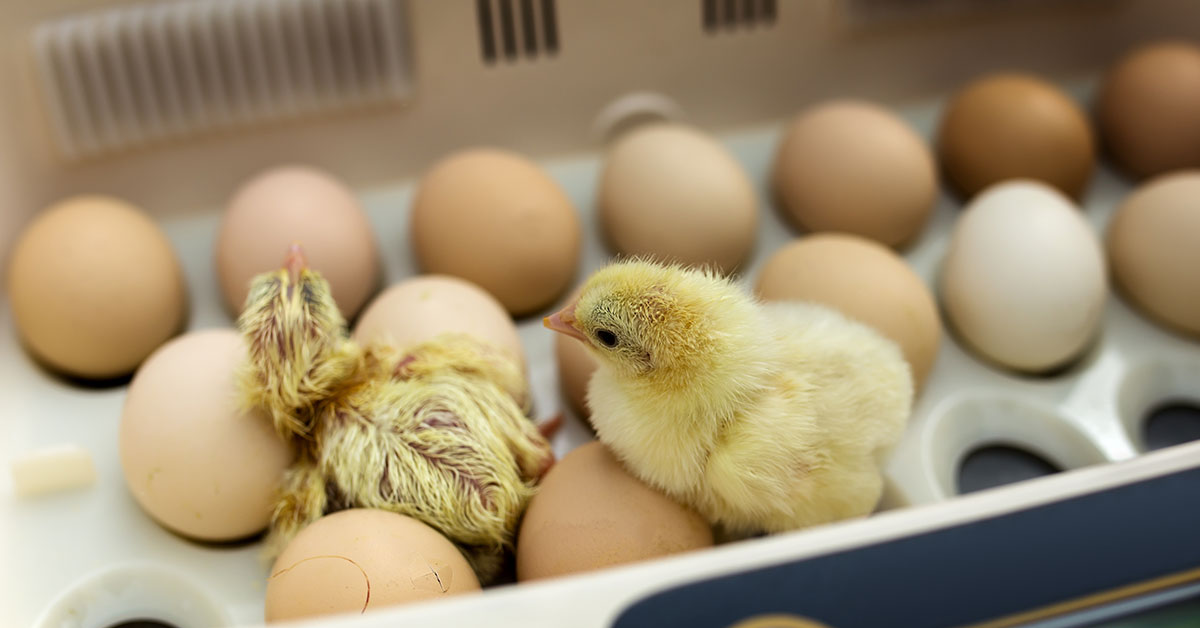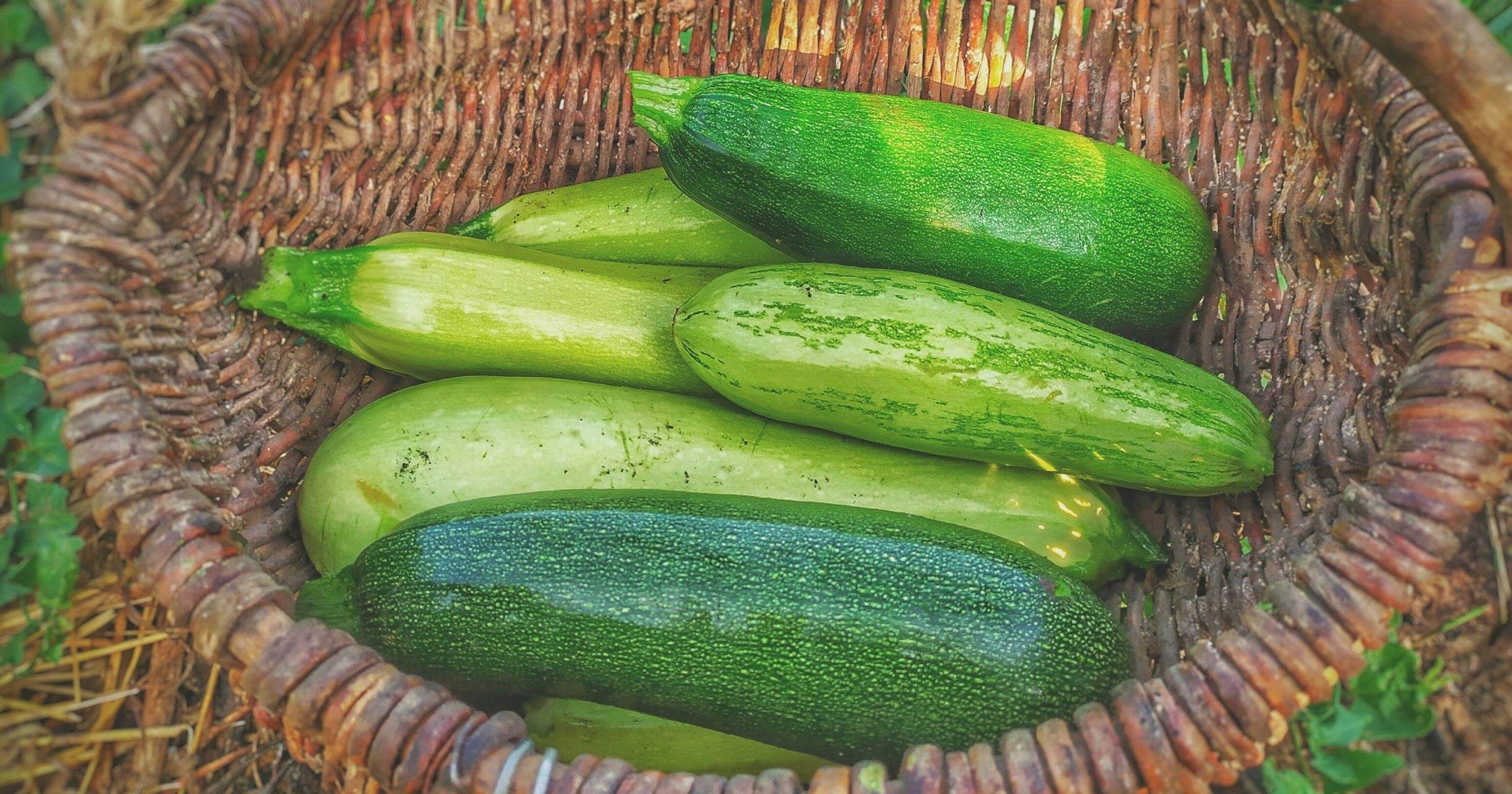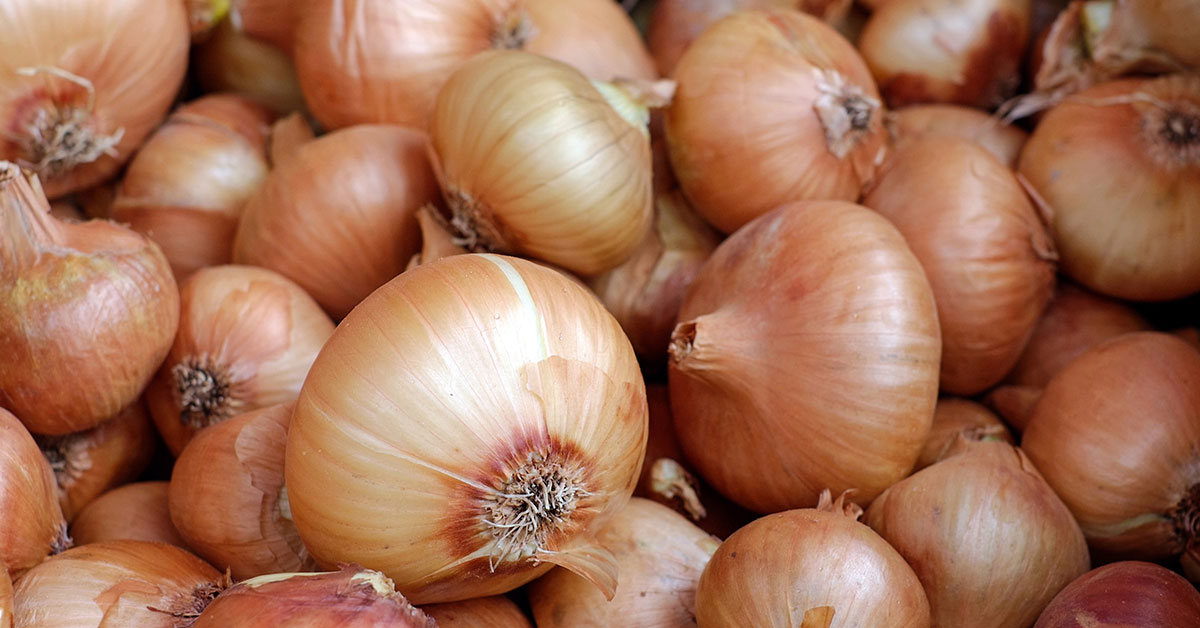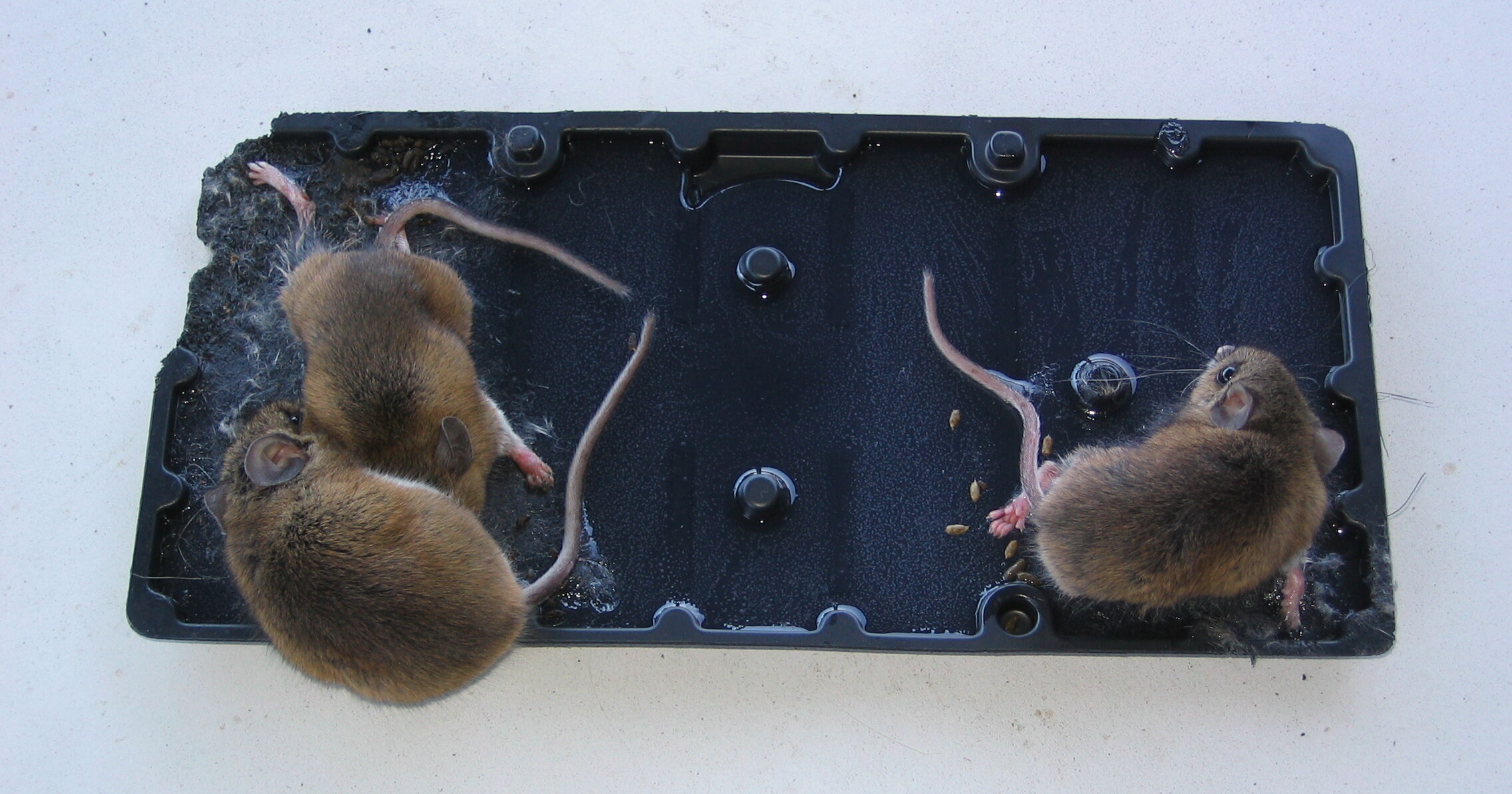In the world of poultry enthusiasts and aspiring homesteaders, the concept of incubating eggs has long held an irresistible allure. Witnessing the miracle of life unfold as a tiny embryo develops into a lively chick can be a rewarding and educational experience. While many have ventured into the captivating world of egg incubation using fertile eggs sourced from local breeders or their own flocks, a curious question lingers in the minds of those seeking avian adventures: Can you incubate store-bought eggs?
Can you incubate store-bought eggs?
In short: absolutely you can. Any eggs that are whole, uncracked, and appear to be healthy can be set in an incubator. The end result of that incubation is a little bit iffy though.
When purchasing eggs from the store, it is essential to understand that not all of them come from hens that have been exposed to a rooster. In a commercial egg production setting, farmers often keep hens and roosters separate, focusing solely on egg-laying hens for efficiency and practicality. These hens can produce eggs without the need for fertilization, as they are not mated with a rooster.
The majority of store-bought eggs are produced from these unfertilized eggs, as they are more suitable for consumers who seek a longer shelf life and do not require the possibility of hatching chicks. These unfertilized eggs remain a staple in households worldwide, serving as a versatile and nutrient-rich food source.
However, it is worth noting that in some cases, eggs purchased from the store can indeed be fertile. Organic or specialty egg producers often maintain a more natural and ethical approach to farming, allowing hens to roam freely with roosters in their flocks. As a result, some eggs produced on these farms may be fertilized, presenting a unique opportunity for those intrigued by the idea of incubating store-bought eggs and witnessing the enchanting process of life beginning within.
Why you might want to try to incubate store-bought eggs
Incubating store-bought eggs can be an enticing and rewarding venture for several reasons, attracting both seasoned poultry enthusiasts and curious beginners alike. Here are some compelling reasons why individuals might want to try incubating store-bought eggs:
- Cost-Effectiveness: Store-bought eggs are typically more affordable compared to purchasing fertile eggs from specialty breeders or hatcheries. For individuals on a budget or those who wish to dip their toes into the world of egg incubation without a significant financial commitment, store-bought eggs present an excellent option.
- Accessibility: Store-bought eggs are readily available in most supermarkets and grocery stores, making them convenient for anyone interested in attempting the incubation process. There’s no need to seek out specific breeders or suppliers, as these eggs can be found easily and without much hassle.
- Curiosity and Experimentation: Incubating store-bought eggs can be seen as a fascinating little experiment, providing a unique opportunity to witness the natural incubation process without the immediate need for a rooster. For those with a sense of wonder and a desire to explore the marvels of life, this hands-on experience can be both educational and enjoyable.
- Educational Value: The incubation process offers an exceptional learning experience, especially for families and educators. Children can be involved in every step, from setting up the incubator to observing the chick’s development, fostering a deeper understanding and appreciation for the natural world.
- Sustainability and Self-Sufficiency: For individuals aspiring to be more self-sufficient or considering raising their own chickens in the future, incubating store-bought eggs can be an initial step in that direction. It allows them to gain valuable knowledge and skills in poultry care and incubation.
- Surprise Factor: Incubating store-bought eggs introduces an element of unpredictability, as one cannot be certain whether the eggs are fertile or not. This surprise factor can add an exciting element of anticipation and mystery to the incubation process.
Despite the alluring aspects of incubating store-bought eggs, it is important to remember that the success rate may vary due to the unpredictability of egg fertility. Nevertheless, for those eager to explore the wonders of egg incubation, this endeavor can be a delightful and enriching experience, filled with valuable lessons and the potential for heartwarming moments with adorable new hatchlings.
Where to get good quality eggs to incubate
If you’ve decided not to try to incubate store-bought eggs, that might be for the best, especially if you’re wanting a reliable hatch rate and you want to know what breed you’re getting. Obtaining good quality eggs to incubate is crucial for increasing the likelihood of successful hatching and raising healthy chicks. Here are some reliable sources where you can find good-quality eggs for incubation:
- Local Reputable Breeders: Connecting with local breeders who specialize in the particular breed of chicken you are interested in is an excellent way to get high-quality eggs. Reputable breeders will have a good breeding program, ensuring healthy and genetically sound chickens. They can provide you with fertile eggs that have a high chance of hatching successfully.
- Hatcheries: Many hatcheries offer fertile eggs for sale, and they often have a wide selection of breeds to choose from. Look for hatcheries with a good reputation, positive customer reviews, and a track record of delivering viable eggs.
- Poultry Shows and Exhibitions: Poultry shows and exhibitions can be a great place to meet breeders and enthusiasts who might be willing to sell or trade fertile eggs. These events often showcase top-quality chickens, and exhibitors take pride in their breeding stock.
- Online Marketplaces: Various online platforms and forums cater to poultry enthusiasts and breeders. Websites like “Backyard Chickens” or breed-specific forums might have classified sections where individuals offer fertile eggs for sale or trade. Always ensure to verify the reputation and reliability of the seller before making a purchase.
- Local Farms or Homesteads: Some local farms or homesteads might sell fertile eggs, especially if they maintain a diverse and healthy flock of chickens. Visiting these farms not only allows you to obtain eggs but also gives you an opportunity to learn from experienced poultry keepers.
- Community or Chicken-Keeping Groups: Look for local community groups or online forums dedicated to chicken keeping. Members of such groups may be willing to share or sell fertile eggs, and they can also offer valuable advice and support for your incubation journey.
- Backyard Chickens from a Trustworthy Source: If you have access to healthy and well-cared-for chickens in your neighborhood, you might inquire with their owners about the possibility of acquiring fertile eggs. Ensure that the chickens are from good stock and are raised in a clean and disease-free environment.
When selecting eggs for incubation, pay attention to the following factors to ensure their quality:
- Freshness: Choose eggs that are relatively fresh, as older eggs have a reduced likelihood of successful hatching.
- Cleanliness: Clean eggs with no visible cracks or blemishes are more likely to hatch successfully.
- Proper Storage: If purchasing eggs, ensure they have been stored correctly before buying to maintain their viability.
- Breed Selection: Consider the breed’s characteristics, temperament, and suitability for your climate and purpose before incubating.
By sourcing eggs from reputable and reliable sources, you increase the chances of successful incubation and have a higher likelihood of raising strong and healthy chicks.













